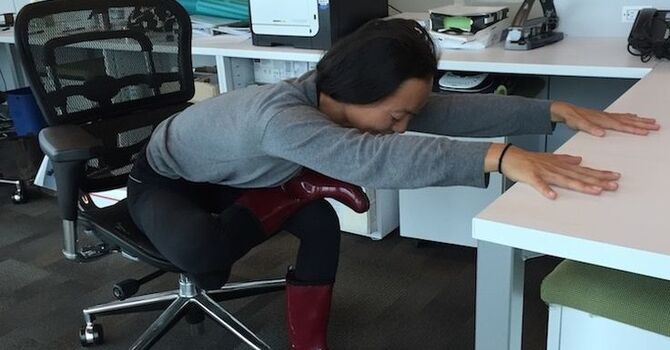
Around this time every year, we set our clocks back an hour and technically gain an hour of sleep. So why do we feel even more tired? Well, that’s due to the darker evenings and disrupted routines, which can leave you feeling sluggish. Here are a few small adjustments you can make to help your body and mind ease into the new season.
1. Prioritize Consistent Sleep
Gaining an extra hour can still throw off your internal clock. Try to:
- Go to bed and wake up at the same time every day (even on weekends).
- Limit screen time before bed — blue light can delay melatonin release.
- Create a calming bedtime routine to help you wind down every night.
2. Soak Up Natural Light
Daylight exposure helps regulate your circadian rhythm and improve your mood.
- Step outside for a morning walk or open your blinds first thing in the morning.
- We know natural light is limited this time of year in the PNW, so consider using a light therapy lamp to simulate sunlight.
3. Keep Moving
Shorter days can make it tempting to skip workouts, but movement is key for fighting fatigue and improving mental clarity.
- Aim for at least 20–30 minutes of activity each day — even a brisk walk counts.
- Try new indoor options like yoga, Pilates, or strength classes. Portland and Lake Oswego offer a wide variety of amazing studios to check out.
4. Support Your Mood and Immune System
The time change often coincides with cooler weather and more time indoors. To stay well:
- Eat nutrient-rich seasonal foods like squash, citrus, and leafy greens.
- Stay hydrated (even when you don’t feel as thirsty).
- Consider supplements like Vitamin D if you’re not getting enough sunlight.
Most Importantly: Give Yourself Grace
Adjusting to daylight savings takes time. You might feel more tired or irritable at first — that’s normal. Focus on rest, balance, and the habits that make you feel your best!

admin
Contact Me



